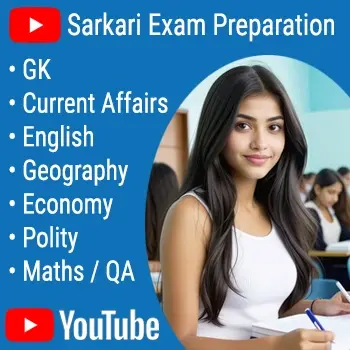Tips to Prepare for UPSC
- Start your preparation at least a year before the Prelims exam.
- Go through the syllabus of both the Prelims and Mains exams.
- Analyse the past few years’ question papers of both Prelims and Mains.
- Start reading a newspaper regularly and make short notes based on relevant articles.
- Read the basic NCERT books and then go through the UPSC Syllabus relevant Textbooks.
- Make short notes in whichever way you feel comfortable, either online or in hard copy.
- Make a timeline of objectives to be achieved, both long-term and daily.
- If you are attending coaching, attend classes regularly and revise the content after class.
- Make use of the internet and social media for your preparation carefully.
- Start learning the basics of answer writing.
- Join a Test Series for both Prelims and Mains.
- Form discussion/answer writing groups to help each other.
- Revise regularly the content you have been reading at least on a weekly basis.
Subject – Wise UPSC Preparation
| History |
|
| Economics |
|
| Geography |
|
| Indian Polity |
|
| Art and Culture |
|
| Science and Technology |
|
| Environment and Ecology |
|



Leave a Reply